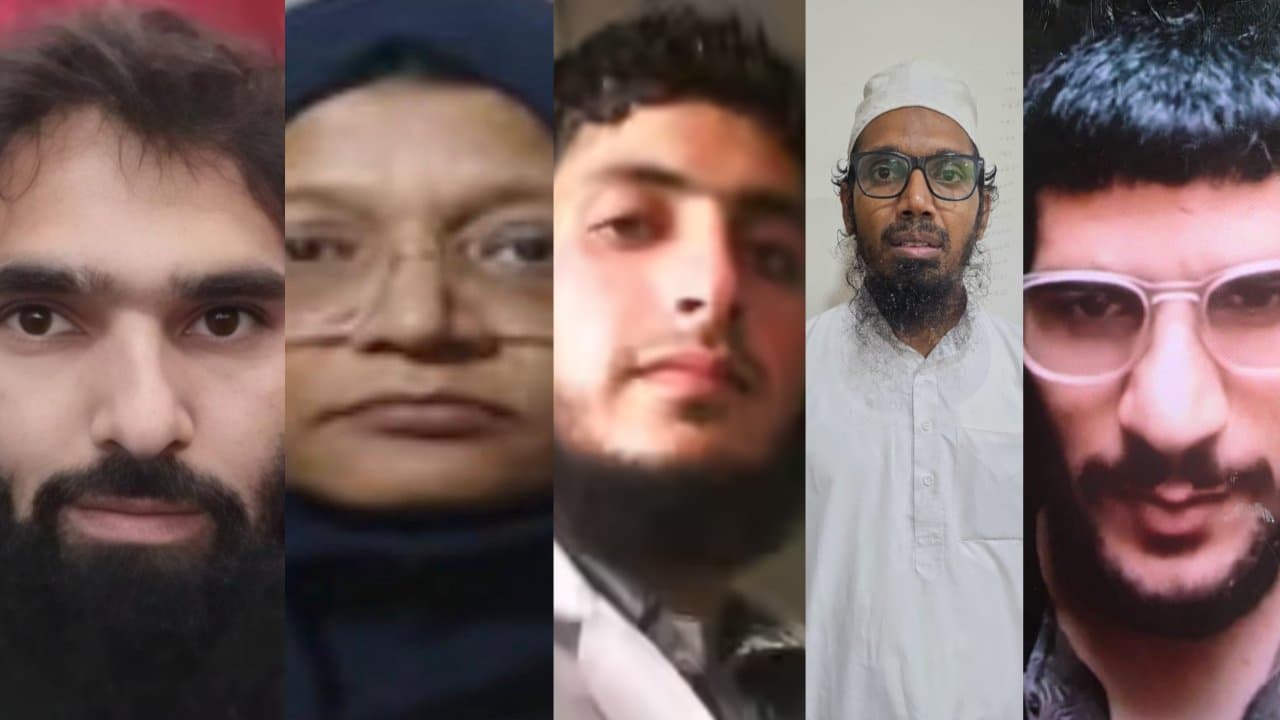Indian authorities have arrested five doctors across multiple states in a major white-collar terror crackdown, uncovering explosives, firearms, and links to banned terror groups like JeM and Ansar Ghazwat-ul-Hind.
New Delhi: In a major multi-state counter-terrorism operation, Indian security agencies have uncovered a sophisticated “white-collar terror” network allegedly run by medical professionals and students across multiple states. The investigation, spanning Jammu & Kashmir, Haryana, and Uttar Pradesh, has so far led to the arrest of five doctors believed to have played key roles in a trans-state module linked to banned terror outfits.
The coordinated raids, conducted by teams from J&K Police, Haryana Police, Uttar Pradesh Police, and central intelligence units, resulted in the seizure of nearly 2,900 kilograms of explosives, advanced firearms, bomb-making materials, and communication devices. Officials say the crackdown has disrupted what appeared to be a growing nexus between radicalised educated individuals and extremist organisations operating under the guise of academic and charitable fronts.
The probe began after Jaish-e-Mohammed (JeM) posters appeared in Srinagar’s Nowgam area on 19 October, threatening security forces. Subsequent leads pointed investigators to a network of radicalised doctors who used encrypted messaging platforms to plan attacks and move funds and arms between states.
The Five Doctors
1. Dr Muzammil Ganaie – The Alleged Mastermind
Hailing from Koil in Pulwama, Kashmir, 35-year-old Dr Muzammil Ganaie is believed to be one of the central figures in the network. Employed as a lecturer and medical practitioner at Al-Falah University in Faridabad, Ganaie reportedly used his position to recruit and coordinate with other suspects.
Raids on his rented residence in Dhauj, Faridabad, led to the recovery of 358 kg of ammonium nitrate, a Krinkov assault rifle, three magazines, 91 live rounds, timers, remote controls, and several other bomb-making components. Investigators later unearthed an additional 2,563 kg of explosives from Dahar Colony, indicating preparations for a large-scale coordinated attack.
Officials revealed that Dr Muzammil worked closely with fellow university doctors Dr Adeel Ahmad Rather and Dr Umar Mohammad, both of whom are also under investigation.
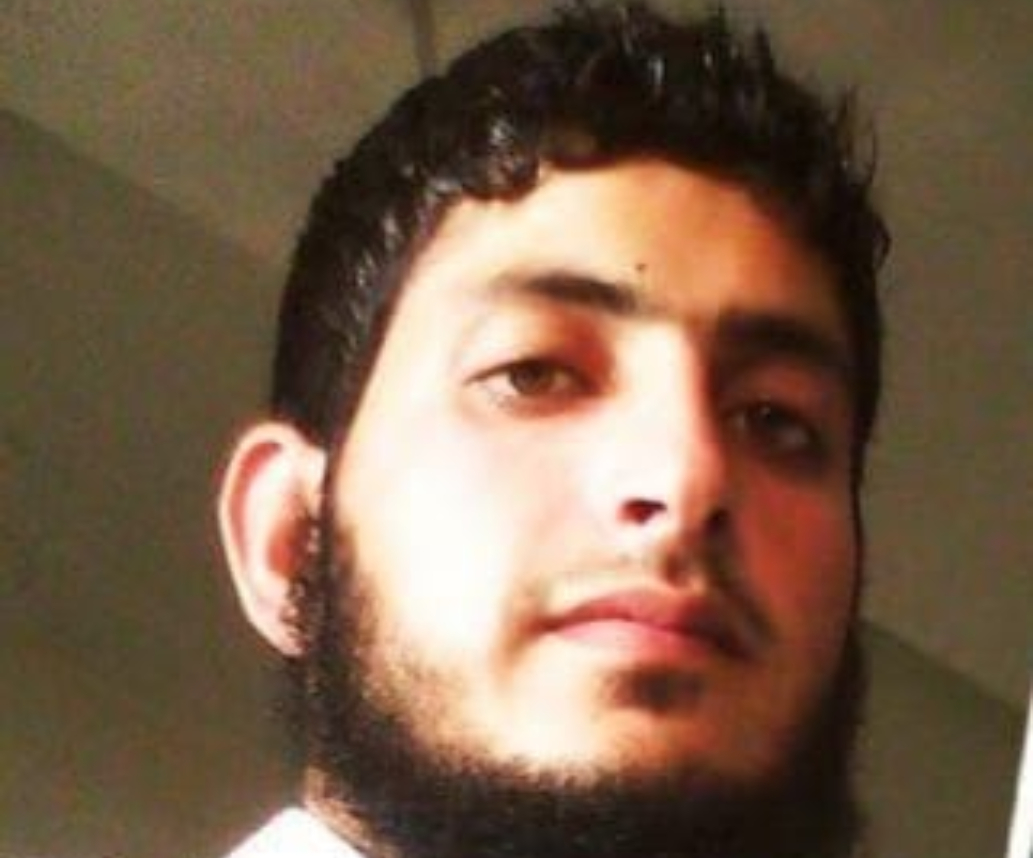
2. Dr Adeel Ahmad Rather – Arrested from Uttar Pradesh
Originally from Kulgam, Kashmir, Dr Adeel Ahmad Rather was detained from Saharanpur, Uttar Pradesh. Like Muzammil, he was associated with Al-Falah University and is accused of assisting in the accumulation of explosives and weapons in Faridabad.
An AK-47 rifle was recovered from his locker at Government Medical College, Srinagar, further linking him to the Faridabad module. Police say Dr Adeel handled logistics and arms distribution within the group.
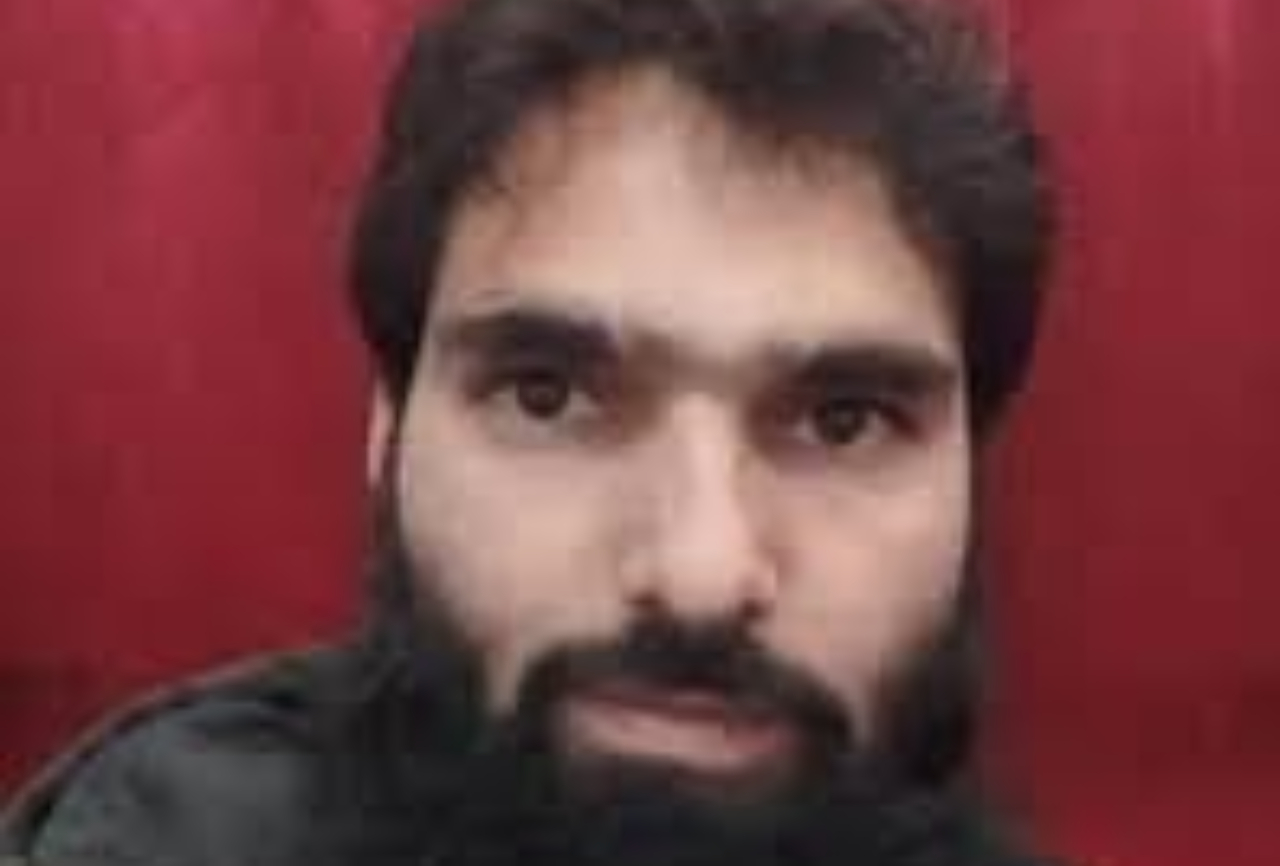
3. Dr Shaheen Sayeed – ‘Girlfriend and Key Associate’
Dr Shaheen Sayeed, a medical practitioner from Lucknow, was reportedly in a relationship with Dr Muzammil and played an active role in the network. Following Muzammil’s arrest, she allegedly attempted to discard an assault rifle in a dustbin near her Faridabad residence, but was soon detained.
Investigators claim she facilitated communication between members in Kashmir and Haryana, coordinating via encrypted apps. She was later flown to Srinagar for further interrogation.
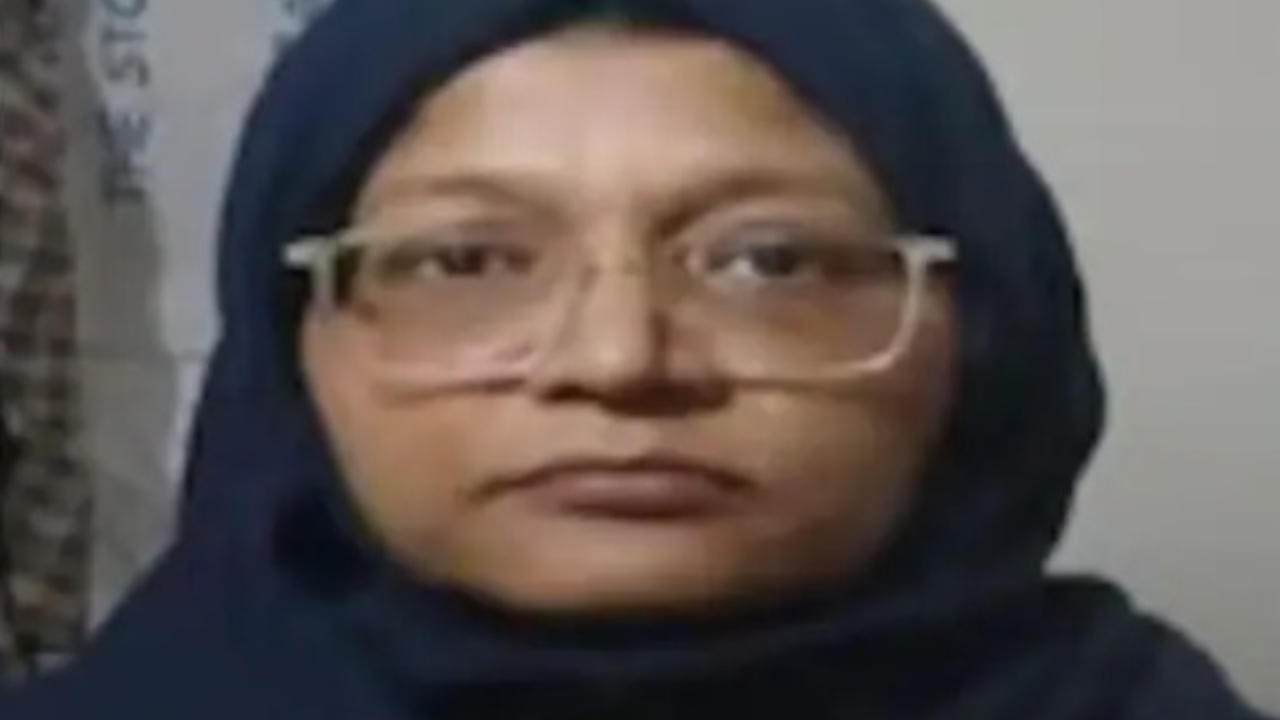
4. Dr Umar Mohammad – The Missing Member
From Pulwama, Kashmir, Dr Umar Mohammad was also affiliated with Al-Falah University and is believed to have overseen the storage and movement of explosives. He has been on the run since the crackdown began.
Authorities have now confirmed that Umar was inside the car that exploded near Delhi’s Red Fort, killing over 10 people and injuring more than 20. His death has added a new dimension to the investigation, with forensic teams working to confirm his identity through DNA analysis.
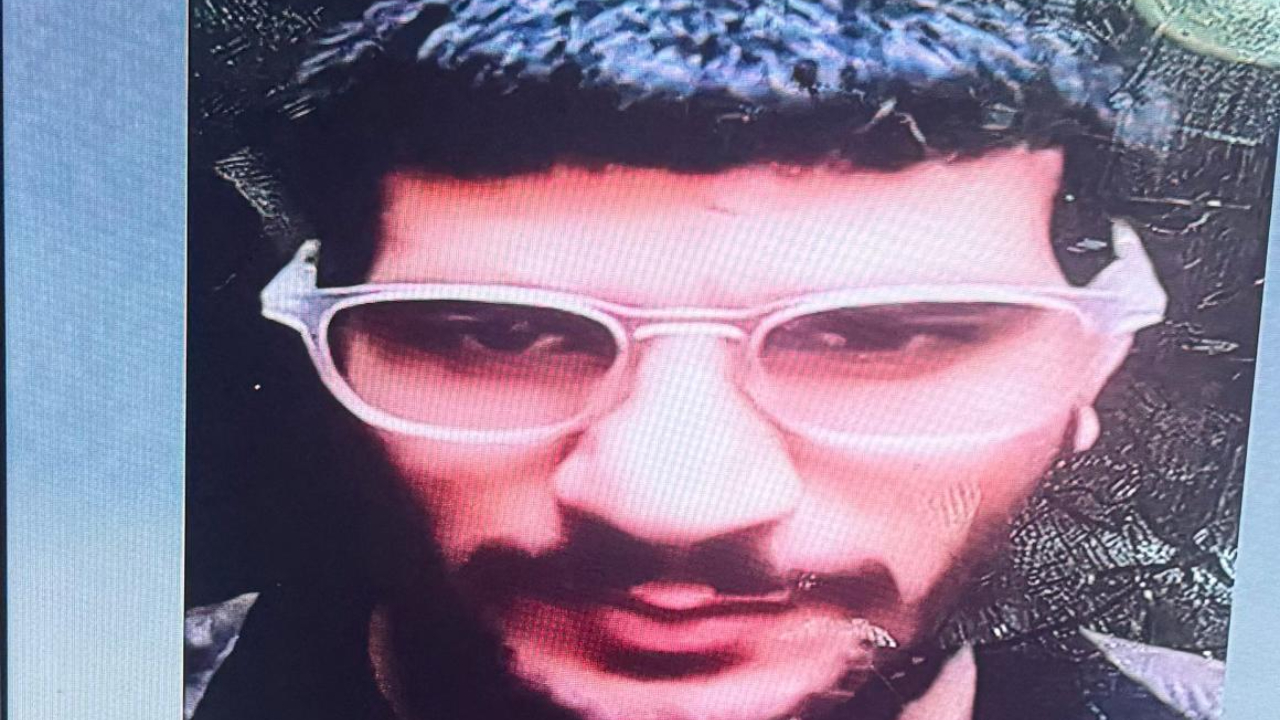
5. Dr Ahmed Mohiyuddin Saiyed – Hyderabad-Based Radicalised Practitioner
The fifth accused, Dr Ahmed Mohiyuddin Saiyed, hails from Hyderabad and holds an MBBS degree from China. Arrested by the Gujarat Anti-Terrorism Squad (ATS) on 8 November, Dr Saiyed had been running a small shawarma outlet in Rajendranagar, which is believed to have served as a front for terror-related activities.
Investigators allege he was radicalised online via Telegram and other encrypted platforms. Police seized two Glock pistols, a Beretta, live ammunition, and 4 kg of castor-bean mash, a precursor for producing ricin, a highly toxic substance.
Dr Saiyed is suspected of conducting reconnaissance of security installations in Delhi, Lucknow, and Ahmedabad, and was allegedly in contact with Abu Khadija, a handler from Islamic State-Khorasan Province (ISKP).
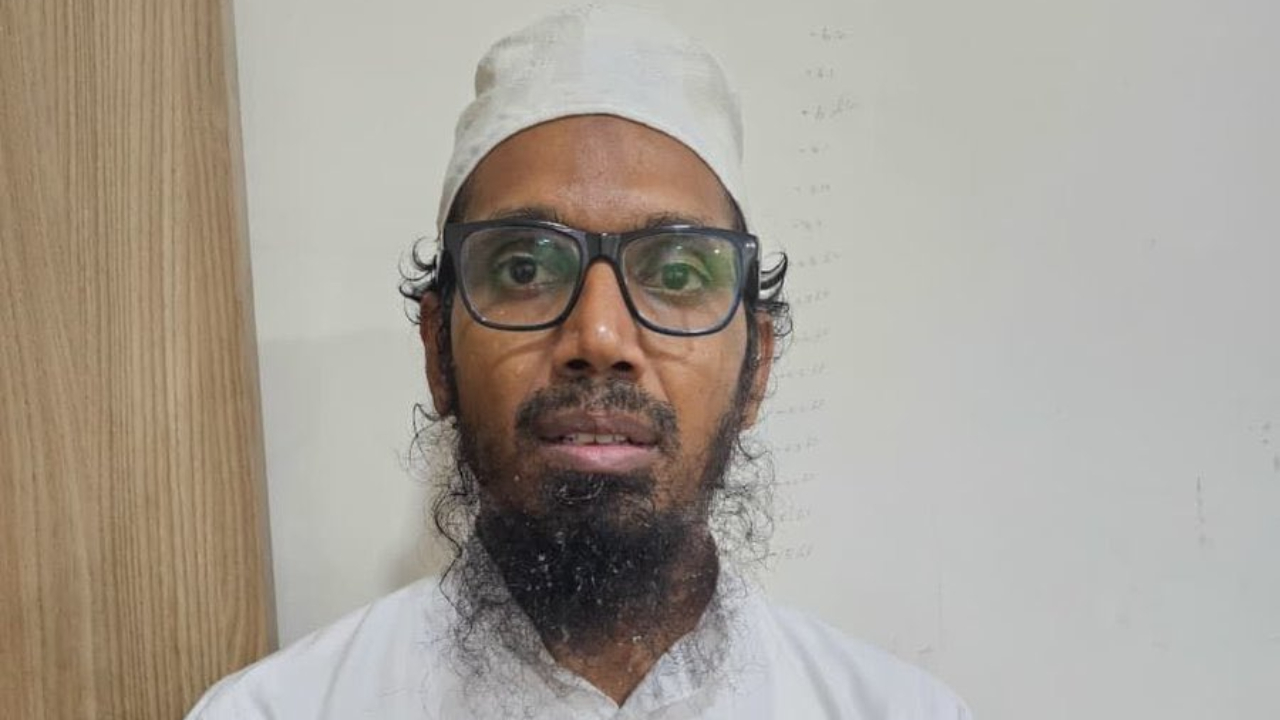
Expanding Investigations and Additional Arrests
Authorities also apprehended two additional accomplices, 20-year-old Azad Suleman Sheikh and 23-year-old Mohammad Suhail Khan, in connection with his operations.
Investigators have questioned staff and students at Al-Falah University and searched premises across Dhauj and Dahar Colony. Parts of the university laboratory are suspected to have been used for storing or testing explosive materials.
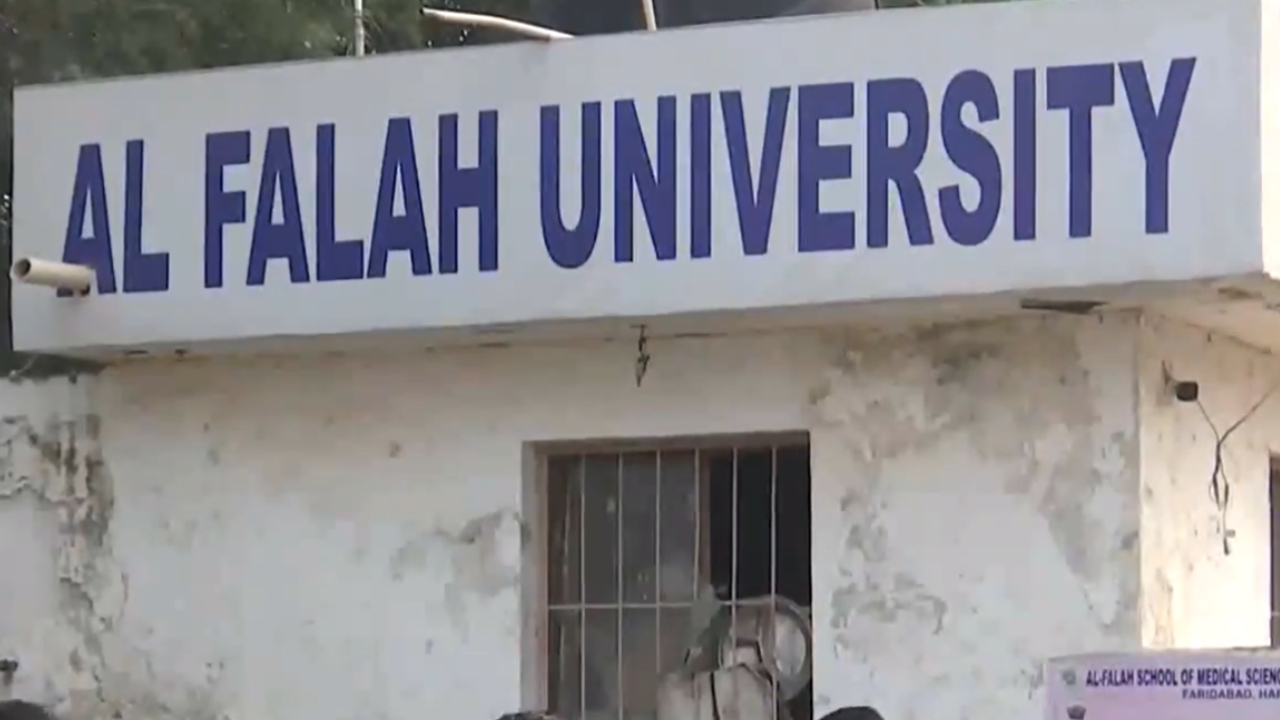
The five doctors are believed to be part of a larger network linked to JeM and Ansar Ghazwat-ul-Hind (AGuH), both banned organisations in India. Officials say the swift arrests likely prevented major terror attacks in multiple cities.
Forensic teams recovered Pakistani SIM cards and contact numbers from seized devices, suggesting international coordination. An autorickshaw driver, who unknowingly helped transport explosives, has also been detained for questioning.
Searches continue across Srinagar, Anantnag, Ganderbal, Shopian, Faridabad, and Saharanpur, as agencies trace financial and operational links. Senior officials have warned that more arrests are expected as the probe deepens into this emerging “professional-class” of radicalised extremists.
